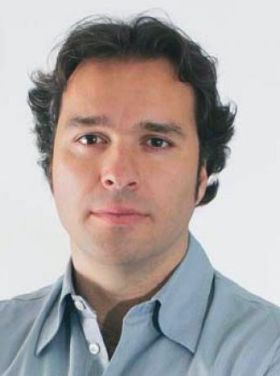 Laurent Tapie, the primary client for the acquisition of Full Tilt Poker, had a long-term goal of re-opening the popular poker brand by January of 2012, but that dream is slowly fading.
Laurent Tapie, the primary client for the acquisition of Full Tilt Poker, had a long-term goal of re-opening the popular poker brand by January of 2012, but that dream is slowly fading.
While the Bernard Tapie Group, a primary investment company stationed in the heart of France; has shown considerable interest in purchasing the failing online poker establishment, the actual probability of this deal going through is very slim.
Although it may be a bit too early to officially label the deal as a dud, through a number of conditions that still exist with the Department of Justice, hundreds of millions in stalemate with player accounts and class-action lawsuits that will require tons of mitigation, the future doesn’t look bright for Full Tilt Poker or its potential stakeholders.
On paper, Laurent Tapie and his colleagues established a written contract mentioning the investment company’s intention of purchasing a small amount of equity (between 5-10%) in order for FTP to get back on its feet. What remains a large mystery, however, is who would be interested in purchasing the remaining portion of FTP stock; a prerequisite in which the BTG insists on.
The BTG undoubtedly has the funds to repay back all of the players in escrow, however, they’re uncertain in the actions of the DoJ in response to the $331 million that they’re currently holding hostage.
Ideally, the DoJ would return much of that money back to the players, so Tapie wouldn’t be required to shell out as much of his own personal funds to once again get FTP in operation.
But that outcome is highly unlikely.
From multiple player opinions, including professional player and hedge fund manager Dan Shak, the current offer of returning seized money back to the players and FTP financing a portion of that is something the DoJ will never agreed upon.
“The problem I see with the offer, from what I’ve read, is the structure of the offer is $300 million but they don’t want to put up the $300 million. They want the Department of Justice to return funds that have been seized and they want to finance part of it, and I don’t see either of those things happening,” mentioned Shak.
“The only value that I can personally see in Full Tilt Poker is the software.”
That’s not an unreasonable claim, seeing as though most of the other aspects of the company, including its player base and name, have become synonomous with tragedy, greed, and deceitful mismanagement.
But despite the statements of many players and critics, Tapie has been very optimistic in his comments regarding the deal, and reiterates this enlightenment by conversing on Full Tilt Poker’s brand awareness and future within the online poker niche.
“The brand is not in question, it’s a well-known brand and the technology is widely recognized as quite possibly being the best in the industry. The management of the company is being questioned and it will be changed. I believe we have the tools necessary to once again make the site one of the leaders in the online poker sector.”
Tapie also went on to say that “he wouldn’t have undertaken such a project if he didn’t believe in its potential.”
Putting out a statement within the past few weeks, they’ve signed an exclusive agreement detailing the terms of sale of the company and all of its associated assets.